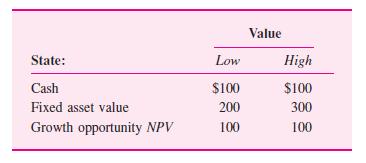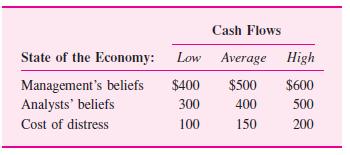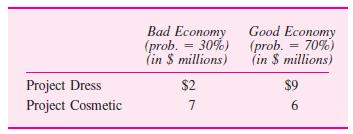Financial Markets And Corporate Strategy 2nd Edition Mark Grinblatt, Sheridan Titman - Solutions
Discover comprehensive solutions and step-by-step answers for "Financial Markets And Corporate Strategy 2nd Edition" by Mark Grinblatt and Sheridan Titman. Our online resource offers a complete solution manual and answers key for all chapters. Access solved problems and test bank materials, ensuring a thorough understanding of questions and answers. Download the solutions PDF for free and explore detailed instructor manuals tailored to enhance your learning experience. Perfect for students and educators seeking textbook chapter solutions and insightful analysis. Enjoy seamless access to this invaluable resource for mastering financial market concepts.
![]()
![]() New Semester Started
Get 50% OFF
Study Help!
--h --m --s
Claim Now
New Semester Started
Get 50% OFF
Study Help!
--h --m --s
Claim Now
![]()
![]()





